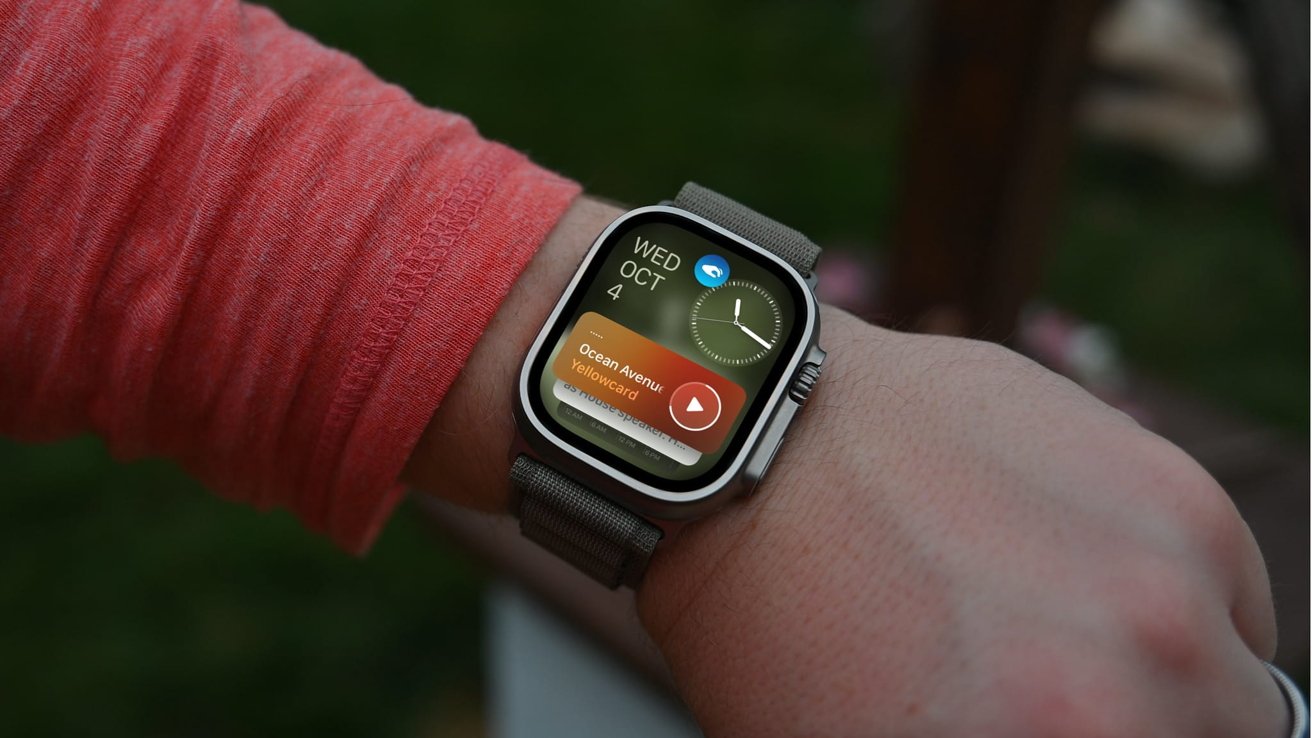
Masimo's claims falter as Apple defends smartwatch designs in court
Apple's Victory Over Masimo Highlights Need for Strong IP Protection
In today's fast-paced technology sector, protecting intellectual property isn't just about patents - it's about maintaining clear evidence of innovation and defending against unfounded claims. The recent developments in the Apple-Masimo legal battle demonstrate why businesses need robust IP protection strategies more than ever.
Summary of the News
Apple has successfully defended itself against multiple claims by medical device maker Masimo regarding alleged trade secret misappropriation and patent infringement related to Apple Watch technology. The court dismissed critical claims made by Masimo, with juries largely favoring Apple's position. Most notably, Masimo's claims for billions in damages were abandoned after the U.S. Patent and Trademark Office invalidated claims on 15 of their 17 patents.
Further weakening Masimo's position, evidence emerged showing that Masimo had actually copied Apple's design elements in their own W1 consumer watch, which was rushed to market. This revelation led to Apple's victory in a Delaware court where a jury found Masimo had infringed on Apple's patents.
Why This Matters for IP Protection
This case demonstrates the critical importance of maintaining clear documentation and evidence of innovation throughout the development process. Companies must be prepared to defend their intellectual property while also ensuring they're not inadvertently infringing on others' rights.
The invalidation of Masimo's patent claims by the USPTO highlights how proper documentation and prior art can protect companies from unfounded infringement claims. It also shows why businesses need to ensure their IP protection strategy is comprehensive and well-documented from the start.
Impact on the Industry
The outcome of this case sends a strong message to the technology sector about the importance of original innovation and proper IP documentation. Companies rushing products to market without careful consideration of existing patents and trade secrets risk significant legal exposure and damage to their reputation.
For content creators and innovators, this case emphasizes the need for maintaining clear records of development processes and innovation timelines. Having verifiable proof of when specific features or designs were developed can be crucial in defending against infringement claims.
The legal implications extend beyond just patents - trade secrets and design elements need protection too. Companies must implement comprehensive IP protection strategies that cover all aspects of their innovations.
How Blockchain Technology Can Help
CertVera's blockchain certification platform provides an immutable record of intellectual property that could have helped prevent disputes like the Apple-Masimo case. By creating timestamped, verifiable proof of innovation on the Bitcoin blockchain, companies can establish clear evidence of their development timeline and protect against false claims.
Our platform enables businesses to:
- Create tamper-proof records of design documents and prototypes
- Establish clear timelines of innovation and development
- Protect trade secrets while maintaining verifiable proof of existence
- Defend against false claims of infringement
Best Practices for Protection
- Document everything: Maintain detailed records of all innovation and development processes
- Certify early and often: Use blockchain certification to timestamp important documents and designs
- Implement comprehensive IP protection strategies covering patents, trade secrets, and designs
- Regularly audit IP portfolios to ensure protection remains current
- Maintain clear evidence of independent development
Looking Ahead
As technology continues to advance, disputes over intellectual property will likely become more complex. Companies need to adopt modern solutions that provide indisputable proof of innovation and development timelines. Blockchain certification is becoming an essential tool in protecting intellectual property and defending against unfounded claims.
Conclusion
The Apple-Masimo case demonstrates why businesses need robust IP protection strategies backed by verifiable evidence. Don't wait until you're facing litigation to protect your intellectual property.